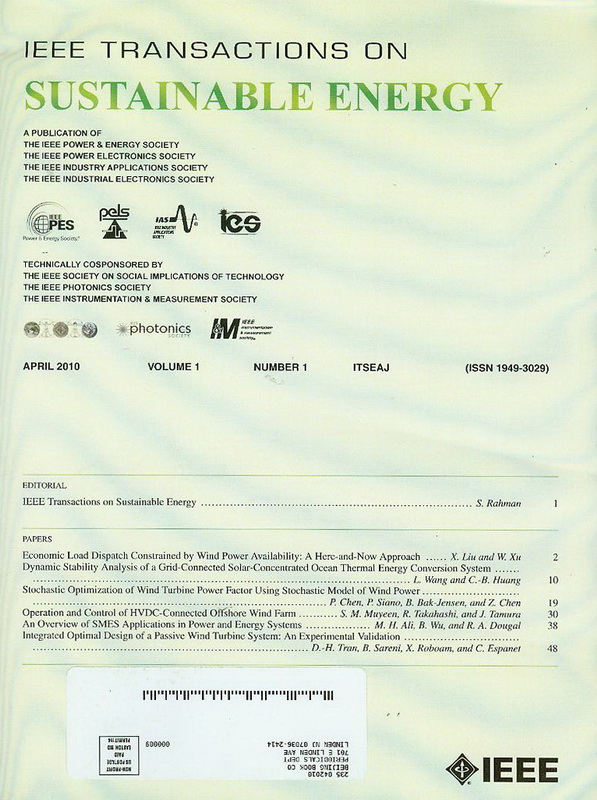基于深度强化学习的配电网络多时间尺度电压/无功控制
IF 10
1区 工程技术
Q1 ENERGY & FUELS
引用次数: 0
摘要
由于控制设备的不同响应特性,配电网中跨多个时间尺度协调伏特/无功控制(VVC)具有挑战性。提出了一种新的双级数据驱动多时间尺度VVC方法来实现协调控制。该方法将连续器件(如光伏)的短时间尺度控制与离散器件(包括电容器组)的长时间尺度控制和网络重构集成在一起。将VVC问题表述为一个双层部分可观察马尔可夫决策过程(POMDP)。对于连续设备,内层控制采用双延迟深度确定性策略梯度(TD3)算法,而对于离散设备和网络重构,外部控制使用深度双Q-Network (DDQN)算法。协作训练是通过协调奖励信号和向外部代理提供内部代理行为作为状态信息来实现的。为了减轻网络重构引起的过度探索,利用图神经网络(gnn)来识别代表性拓扑,简化重构空间。该方法在IEEE 33总线和PG&E 69总线系统上进行了验证,显示了优越的VVC性能和对拓扑变化的增强鲁棒性。本文章由计算机程序翻译,如有差异,请以英文原文为准。
Deep Reinforcement Learning Based Multi-Timescale Volt/Var Control in Distribution Networks Considering Network Reconfiguration
Coordinating Volt/Var control (VVC) across multiple timescales in distribution networks is challenging due to the diverse response characteristics of control devices. This paper proposes a novel bi-level data-driven multi-timescale VVC method to achieve coordinated control. The method integrates short-timescale control of continuous devices, such as photovoltaics, with longer-timescale control of discrete devices, including capacitor banks, and network reconfiguration. The VVC problem is formulated as a bi-level partially observable Markov decision process (POMDP). Inner-level control employs the Twin Delayed Deep Deterministic Policy Gradient (TD3) algorithm for continuous devices, while outer-level control uses the Deep Double Q-Network (DDQN) algorithm for discrete devices and network reconfiguration. Collaborative training is achieved by aligning reward signals and providing inner-level agent actions as state information to outer-level agents. To mitigate over-exploration caused by network reconfiguration, graph neural networks (GNNs) are utilized to identify representative topologies, simplifying the reconfiguration space. The proposed method is validated on the IEEE 33-bus and PG&E 69-bus systems, demonstrating superior VVC performance and enhanced robustness to topological variations.
求助全文
通过发布文献求助,成功后即可免费获取论文全文。
去求助
来源期刊

IEEE Transactions on Sustainable Energy
ENERGY & FUELS-ENGINEERING, ELECTRICAL & ELECTRONIC
CiteScore
21.40
自引率
5.70%
发文量
215
审稿时长
5 months
期刊介绍:
The IEEE Transactions on Sustainable Energy serves as a pivotal platform for sharing groundbreaking research findings on sustainable energy systems, with a focus on their seamless integration into power transmission and/or distribution grids. The journal showcases original research spanning the design, implementation, grid-integration, and control of sustainable energy technologies and systems. Additionally, the Transactions warmly welcomes manuscripts addressing the design, implementation, and evaluation of power systems influenced by sustainable energy systems and devices.
 求助内容:
求助内容: 应助结果提醒方式:
应助结果提醒方式:


